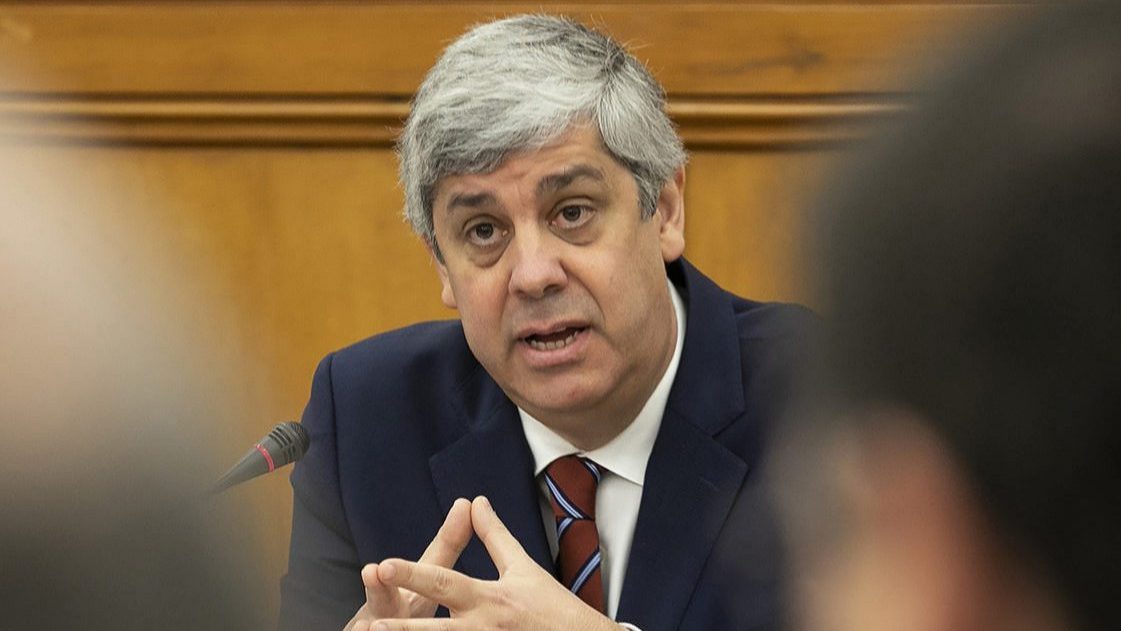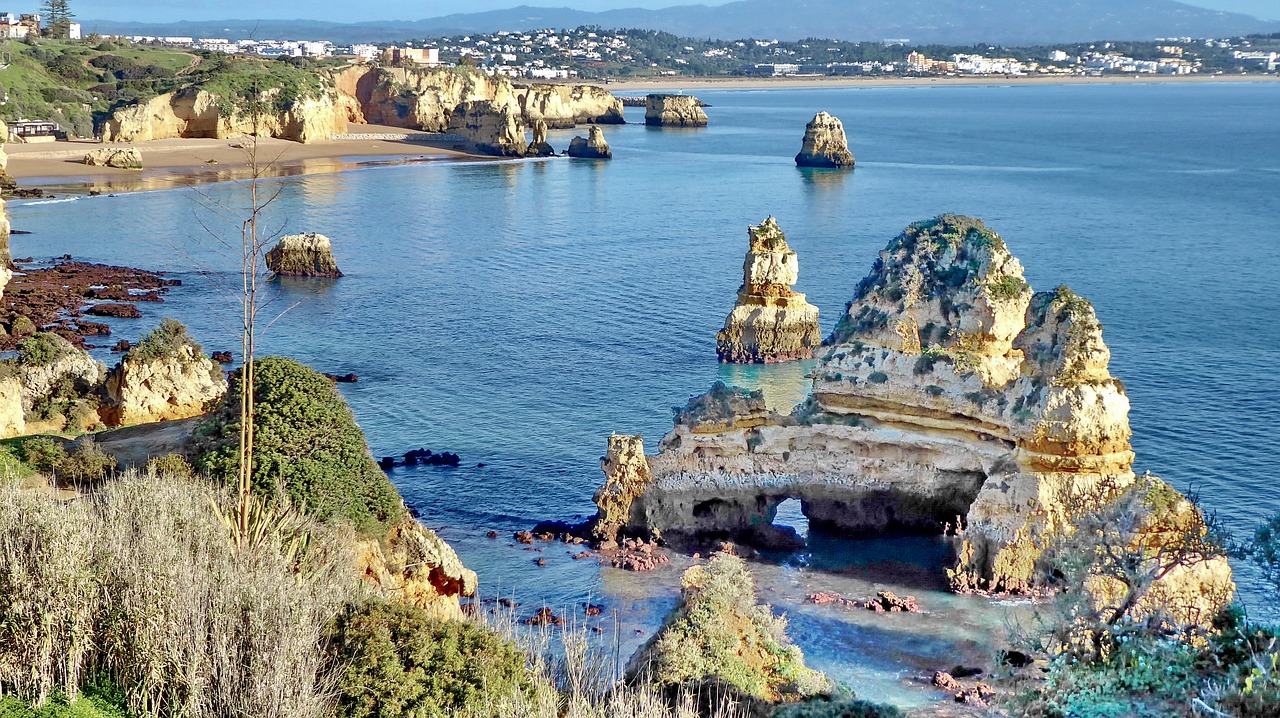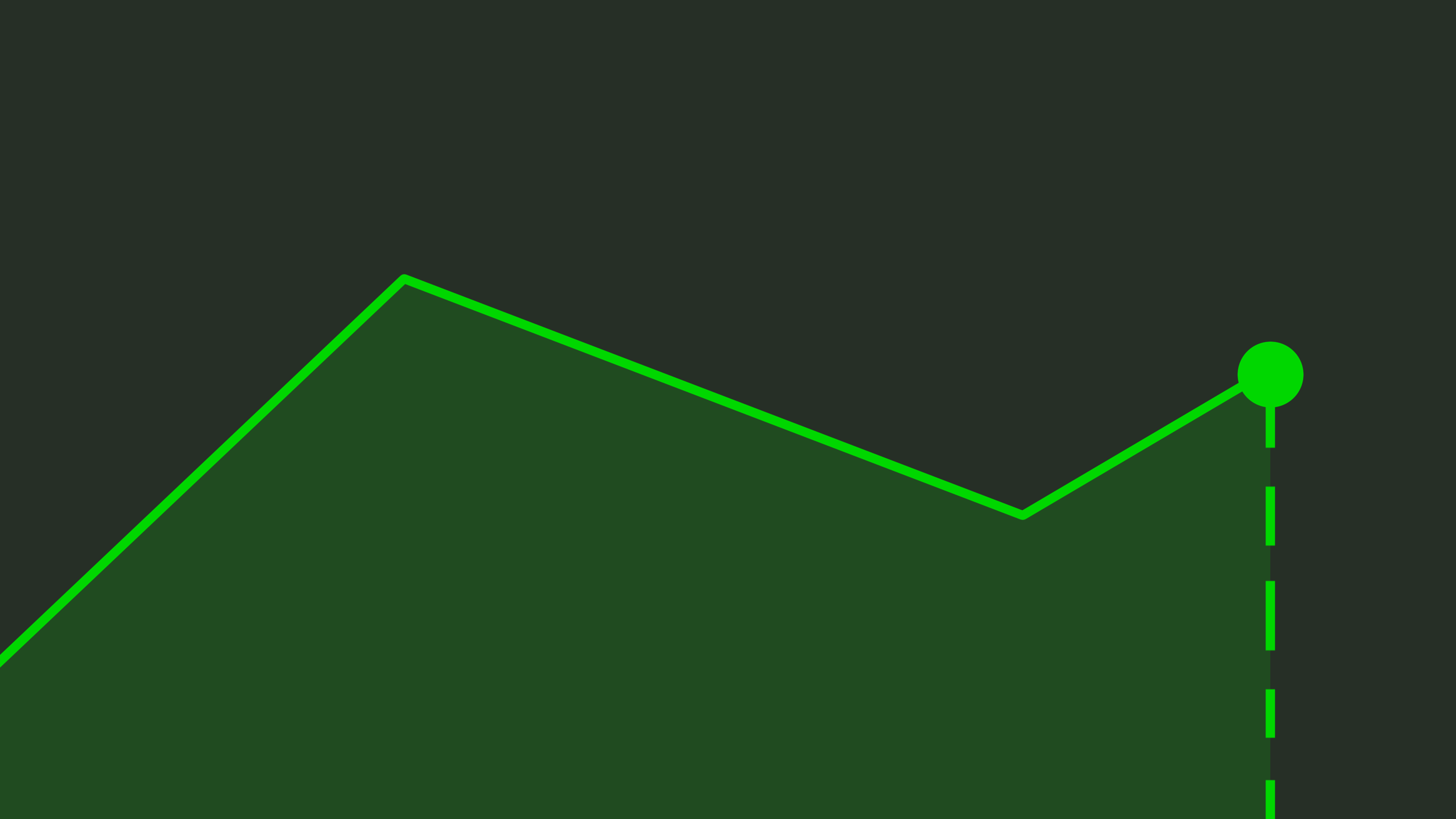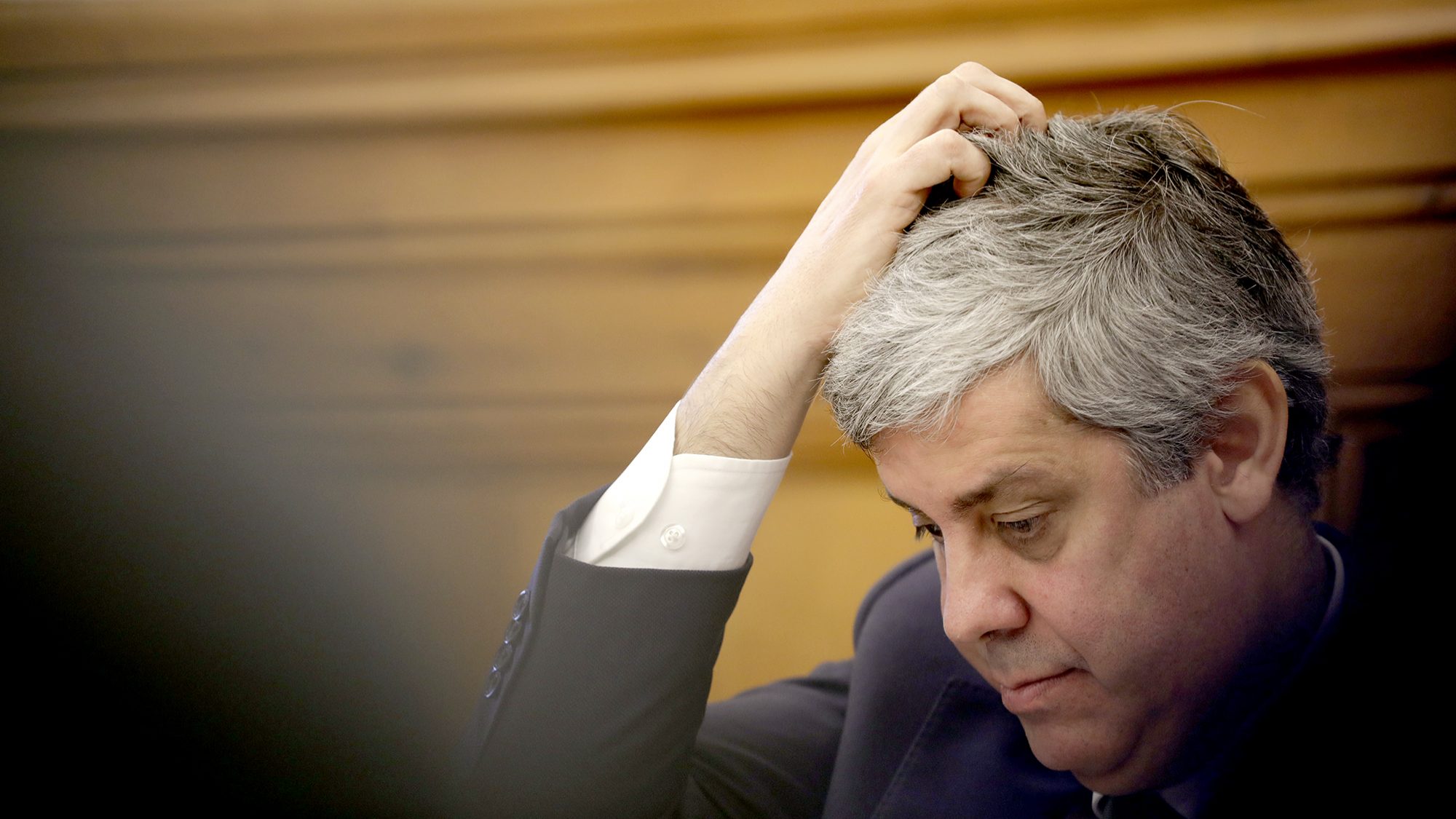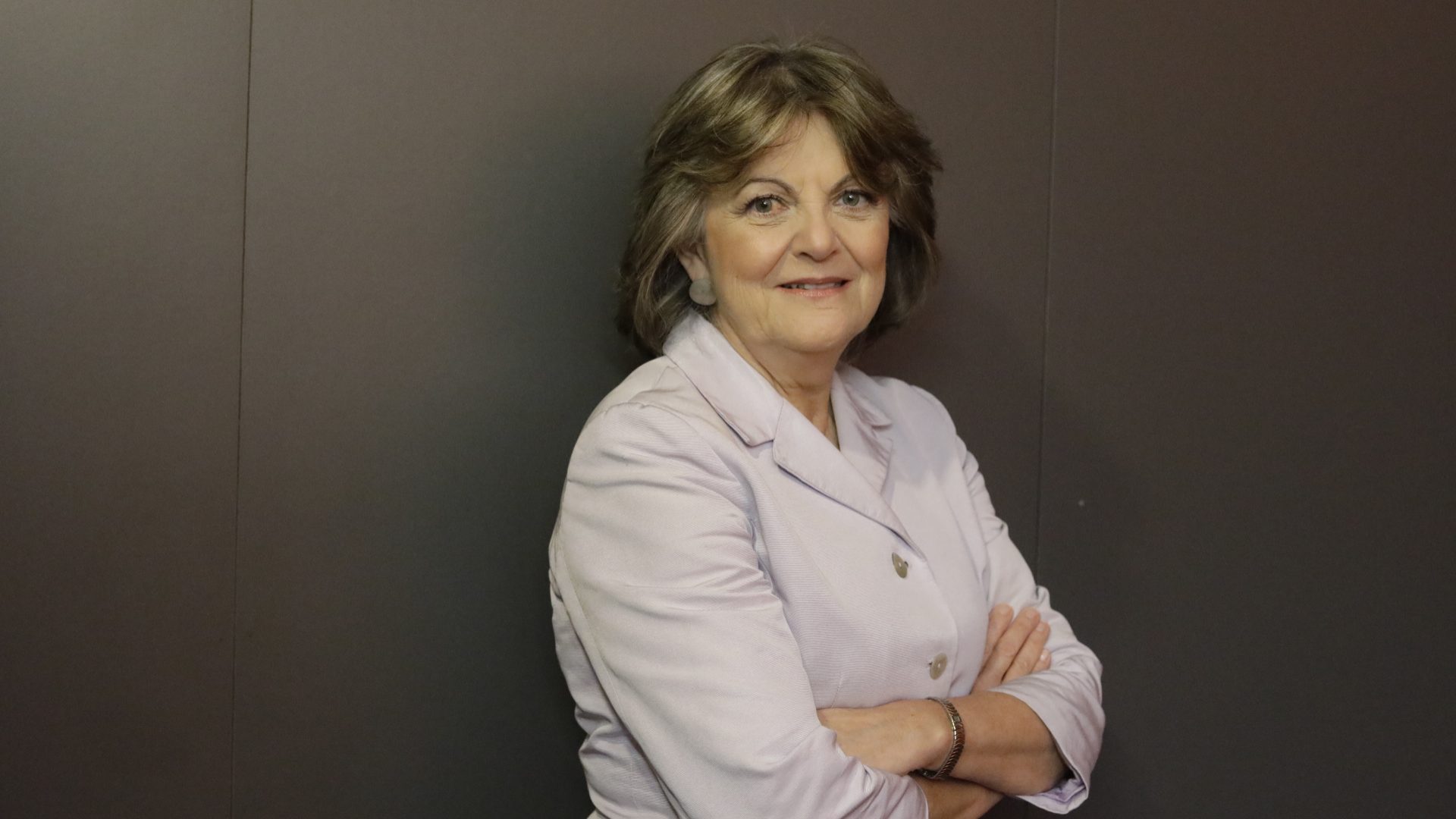Finance Minister says there’s a “revolution” in the Portuguese economy
The portuguese Finance Minister reacts to INE figures. He says there's a "revolution" in the Portuguese economy, but not everyone has noticed.
The Finance Minister said this Monday that the Portuguese economy is undergoing a “revolution,” arguing that private and public consumption have lost influence, at the same time as investment and exports have gained importance in the wealth produced. Mário Centeno thus reacted to the figures published this Monday by the National Statistics Institute (INE), which revised economic growth upwards. “We are growing above Spain since 2017,” he said from Porto at a press conference.
“Portugal is today, with the exception of Ireland, the fastest growing country in pre-enlargement Europe,” said the minister on the day INE showed that the economy grew 3.5% in 2017, instead of 2.8%, and 2.4% in 2018, instead of 2.1%. The ruler spoke of a “small revolution of growth,” in which GDP per capita grew “always above 4%” and with income growing 4.4%.
Mário Centeno adds that, “between 2014 and 2018, the structure of the economy has changed. “Public and private consumption have reduced their weight in the GDP structure in Portugal – they weigh 3 percentage points less between 2014 and 2018. On the other hand, investment and exports gained influence in GDP”, says Centeno, calculating that the weight of these components in GDP increased “six percentage points”. According to the minister, exports and investment “had never before represented so much in economic activity”.
“This is a revolution that many have not realized,” he concluded, after recalling that during the legislature he defended several times that GDP was underestimated.
Mário Centeno also rejected the idea that the Portuguese external accounts are getting worse. “Two-thirds of the increase in imports is due to increased investment,” he said, adding that “the deterioration in the balance of goods is due to increased imports of investment goods. “This is a virtuous sign,” he argued, stressing that “if we count all the components of the external balance we have in 2018 a surplus equal to that of 2015.
The minister also said that the deficit of 0.8% of GDP in the first half of the year is “in line” with what was expected. In the information that INE reported this Monday to Brussels it is assumed the target of the GDP deficit of 0.2% for the year as a whole, despite the improvement in public accounts last year. The INE revised downwards the deficit from 2018 by a tenth to 0.4% compared to the report published in March.
